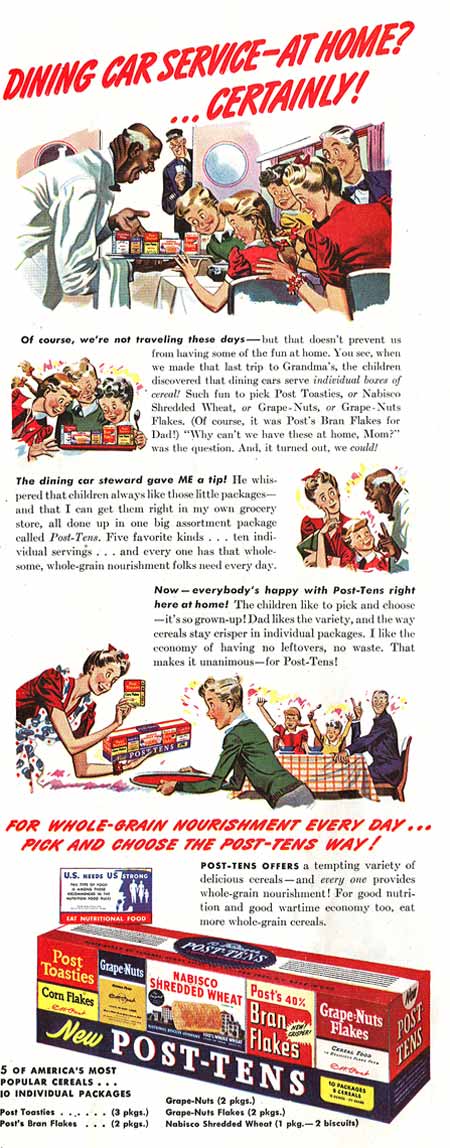
This is, it seems, the week in which I cannot please everyone. And believe it or not, I usually try. Ah well. I will continue my string today, it seems; had a column to write tonight, which took up most of my time. That’s on top of two other columns, written in a state of After I wrote the columns I went to the office. Quiet as the grave. Filed the columns, chatted with co-workers, caught up on local gossip, cashed a check at the credit union: eight hours of normal office life compressed into 60 minutes. Picked Gnat up from the bus stop and went home for our post-school time together. I turn on the fireplace in the basement family room, she cuddles up next to me on the sofa, and we look over her homework and discuss the day. Strictly speaking, it’s the most inconsequential and non-productive time of the day. No lessons learned! No scales practiced! No moral imperatives passed down! Big whoop. It’s the best time of the day; for her it’s the hinge between Duty and Freedom, and for me, well, it’s a reminder of all the days we spent together before the yellow bus drove between us. Alas, those days are gone forever. Until Friday, that is. No school Friday. It’s a “Release Day.” Ah! That explains it. At five we went to church for choir. First, pizza in the Youth Room. The kids watch screechy animated shows and the moms discuss Mom Things. I read some Joseph Mitchell pieces from the old days of journalism; learned that the cartoonist Peter Arno was the son of a New York Supreme Court justice, Curtis Peters. His name was Curtis Arnoux Peters Jr. Sorry, Dad. Always loved Arno. (Obviously.) The previous piece was a brief interview with a hungover Durante, backstage at the Alvin Theater. It’s dangerous stuff for me to read, really. It makes me want to go back. It makes me want to prefer then to now. Trade one illusion for another, perhaps. I went home and nuked an Indian entrée and walked the dog while listening to an old Dragnet. (They arrested the right man in the end, and he was sentenced as prescribed by law. Whew.) Listened to the SOTU and wrote a column about it. Five years into the long war, it’s a relief that the President can conclude his remarks by discussing the “Baby Einstein” tapes in an address to Congress. Things can’t be that bad. Now this. To make up for the paucity of bleatitude, I present first an ad from 1943, one of the castoffs from the next book. It’s a long one, from Colliers:
Note the opening premise: We’re not traveling anymore. That was a given. Everyone got it, and everyone knew why. The Steward was one of those peculiar archetypes of American apartheid – along with the Porter and the Maid. Unlike the domestic servant, though, he contained no sass. Think Uncle Ben: big toothy smile, yassir. Domestic servants, however, were allowed a great deal of sass – listen to the old Great Gildersleeve shows, and you get a perfect picture of the popular idea of this idealized relationship. Gildy is henpecked and outdone by all his domestic associates, but the only person who comes across with any degree of pride or level-headedness is Birdie, the servant, and Gildy’s relationship to her is one of kindness and deference. You could say that’s easy: she didn’t count, so it was easy to be nice to her. But that’s wrong. There was a fundamental decency and mutual affection in their relationship. Yes, yes, idealized depiction of inherent inequalities, etc. As the argument no doubt goes, the shows perpetuated inequality by pretending they really didn’t exist. But it’s instructive to note what the popular culture held out as the ideal. Equality, not subjegation. Birdie was fully integrated into the family, and shared the same values. Nowadays I suspect a sitcom with a Black servant in a middle-class family would milk the clash of cultures, not the similarities. Wanda Sykes would star. I am now bracing for the mail that accuses me of missing the days of Jim Crow. Whatever. It wasn't all Amos and Andy. And even Amos and Andy wasn't all Amos and Andy, but that's another story, and need to listen to a few score hours of "Lum and Abner" before I tackle that one. I leave you with a Quirk, of course, and a nice eight-page Lucre update. See? I haven’t forgotten the rest of the site. Thanks for stopping by, and I’ll see you tomorrow.
|
 |


 diminished enthusiasm – stayed up too late last night, and was so beat I actually laid down at 10:30 AM for a nap. Heck, Jasper was in bed, snoring away; seemed like a good idea. I slept for 11 seconds.. I was thinking of a story I’d seen about Nazi Chic in a fashion show, and had a brief surreal dream-scene in which I was running around the outside of my old church in Fargo, holding a pizza shaped like a swastika. Snapped awake, checked the clock, sighed, and went downstairs to work.
diminished enthusiasm – stayed up too late last night, and was so beat I actually laid down at 10:30 AM for a nap. Heck, Jasper was in bed, snoring away; seemed like a good idea. I slept for 11 seconds.. I was thinking of a story I’d seen about Nazi Chic in a fashion show, and had a brief surreal dream-scene in which I was running around the outside of my old church in Fargo, holding a pizza shaped like a swastika. Snapped awake, checked the clock, sighed, and went downstairs to work.